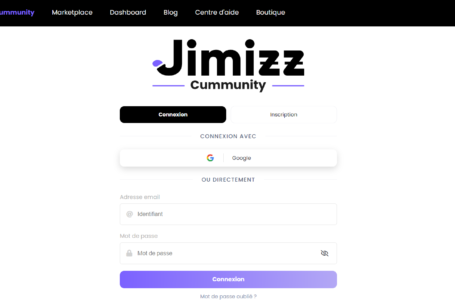
The revolution is coming. There is no denying that the global crypto ecosystem has continued to evolve and grow at a historic rate over the past few years. The amount of capital flowing into this still nascent industry has increased more than tenfold in the past 24 months alone, from a respectable $196 billion to more than $2.1 trillion.
In the past, many projects had been able to accrue/generate a tremendous amount of monetary value by virtue of them simply possessing a solid idea or a proposed working model/whitepaper. The result was the formation of a massive ICO bubble witnessed back in 2017. The crypto market is now full of revolutionary platforms that have allowed users to counter many real-world problems in relation to diverse domains spanning digital finance, healthcare, artificial intelligence, Web3, amongst many others.
In fact, a growing amount of data seems to hint that the continued rise of crypto technology is not due solely to the advent of digital currencies. Instead, it’s because more and more people are realizing the true economic and social potential of decentralized platforms. For example, the rapidly evolving DeFi field has continued to appeal to investors around the world. The ecosystem has helped eliminate the need for intermediaries or other centralized intermediaries (such as banks, lenders, CeFi institutions, etc.) from day-to-day transactions – ranging from daily remittances to cross-border payments and everything stay in between.
Revolution: Real-world centric crypto projects are changing the game
The last few months have seen a growing list of crypto-enabled platforms continue to accrue more and more mainstream traction. This is primarily because they have been able to resolve a range of real-life issues affecting people across the globe. As a small example, in the past, there was no tangible way for users to monetize their data without some transactory middleman taking a major share of the pie (think Fiverr, Upwork, Freelancer, 99designs, Outsourcely, etc).
There are now a number of blockchain-centric digital creator economies like Ocean Protocol and Internet Computing Protocol (ICP). These provide users with a completely decentralized route through which they can share their knowledge, personal data instead of monetary remuneration in a fully transparent and peer-to-peer way.
Similarly, there are also projects like Fetch.ai that aim to bring together the burgeoning Internet of Things (IoT) ecosystem. This is using advanced blockchain-based algorithms and other futuristic technologies including machine learning and artificial intelligence. Previously such platforms were only conceivable on paper. Fetch.ai currently has a fully working product that has been devised atop a high-throughput sharded ledger, offering users with smart contract capabilities for decentralized problem-solving.
In fact, FET can be used to pay network transaction fees, deploy digital twins (also called autonomous economic agents) and use them to pay for services. Digital twins can evolve as they interact with each other and intelligently decomplex any vertical sector when applied. This ultimately results in the formation of a single decentralized ecosystem that can be scaled against a wide range of markets.
Revolution and Web3
Lastly, there are also projects like Ankr that are designed to help provide people with access to the Web3 world as well as the cross-chain DeFi staking universe by making use of a shared resources framework that is completely unique and independent in its functionality.
Decentralized platforms are redefining the field of investing
Most new crypto projects not only offer a range of real-world operations, but they are also filled with their own fully functional crypto tokens. As a result, users can seamlessly accumulate monetary value (as the value of an asset increases) and participate in the future development of the platform through things like governance, protocol upgrades, etc., all without having to go through a traditional financing route.
Thus, as we head into a future that is rooted in the principles of transparency and decentralization, it stands to reason that an increasing number of people will continue to move towards projects that offer them a level of operational efficiency and freedom not seen previously within the realm of conventional tech which has largely been confined to the ethos of centralization.


















